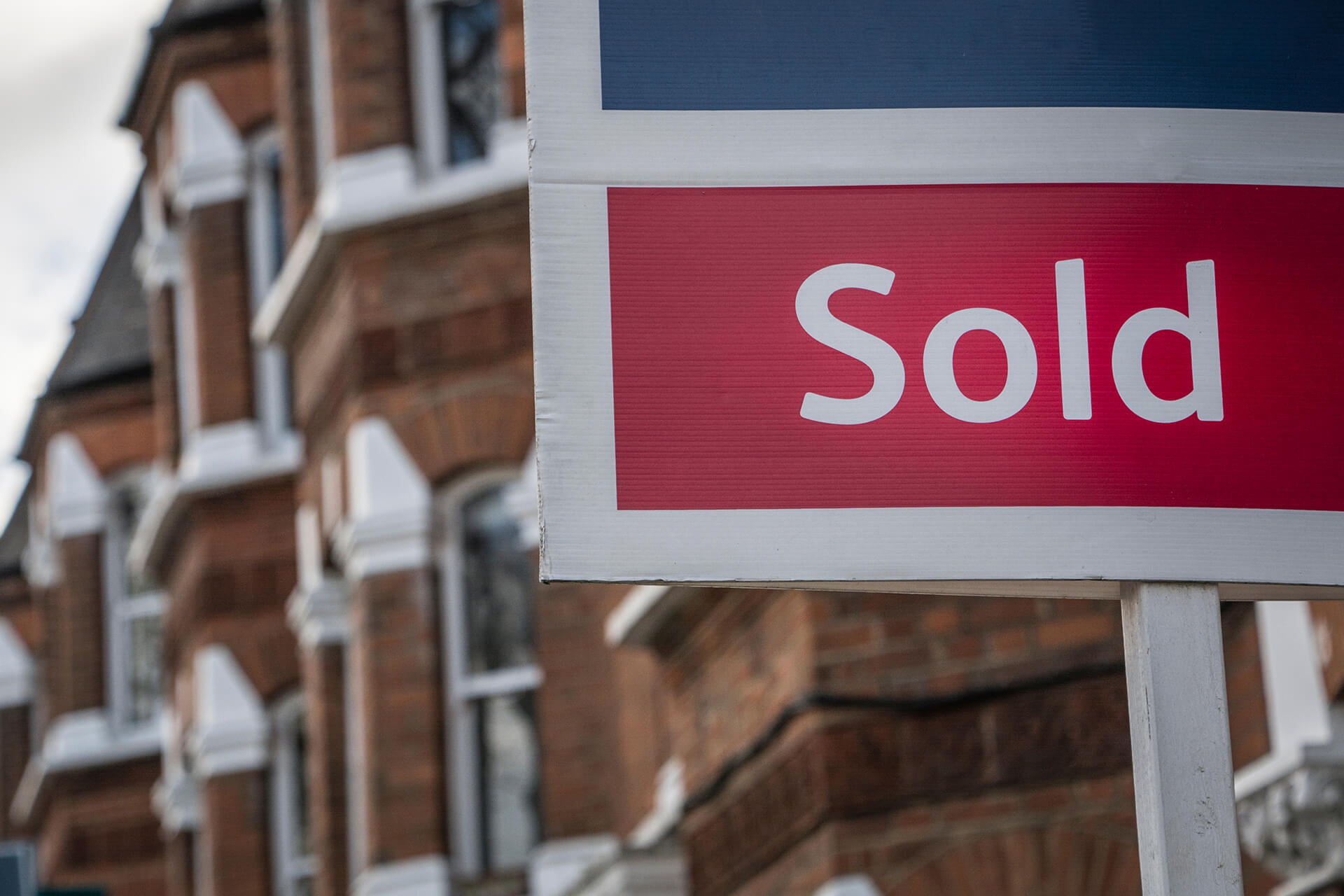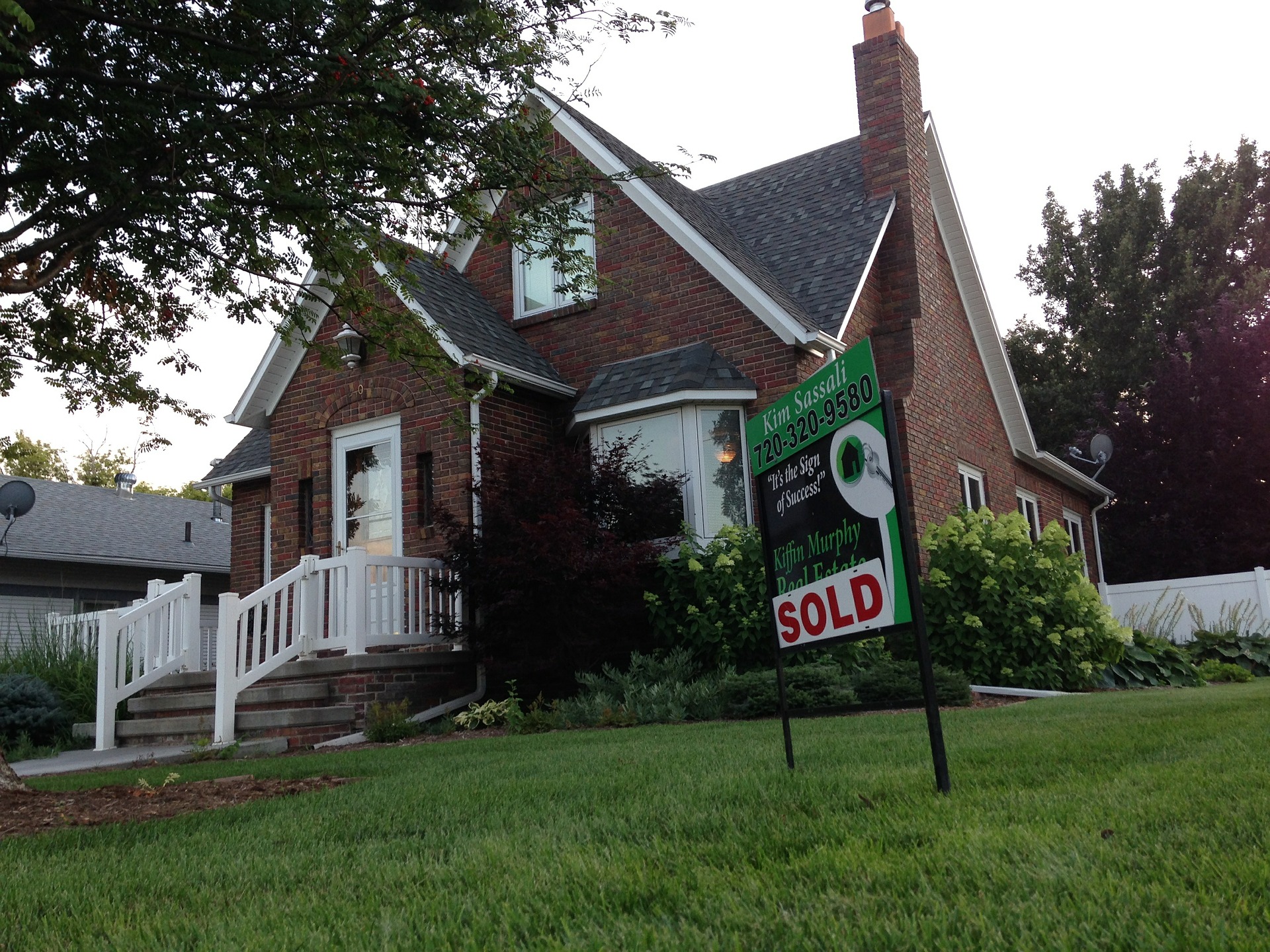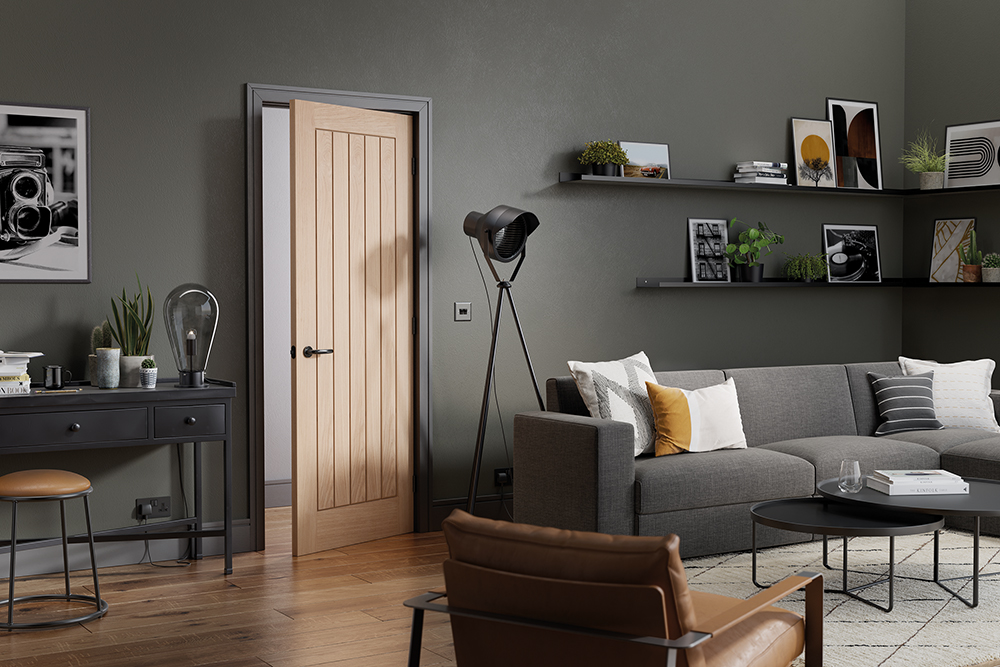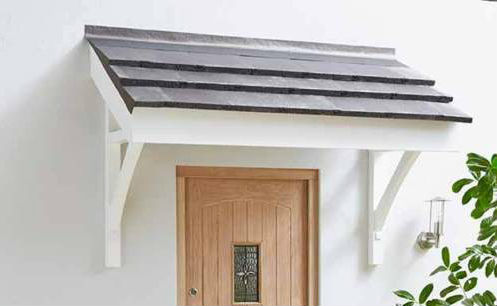Express Doors Direct ▸ Blog ▸ How To Stage Your Home For A Quick Sell
Home staging is one of the most effective ways to sell your home quickly, whilst achieving a high value. The UK housing market has been in favour of sellers for quite some time, so home staging hasn’t always been needed to sell a property. But recently, house price growth has begun to slow and sales agreed have levelled off. Making your home as attractive as possible is important for making that sale and getting the value you really want from your buyer.
Selling your home isn’t easy for a number of reasons. Emotionally, it’s the place that you’ve been in every day for years and made tons of memories. That’s always going to be really hard to let go. Practically, you have to be prepared to make changes to your property to make it as sellable as possible.
We spoke to National Business Women’s Award-Winner for Micro Business Elaine Penhaul and founder of Lemon and Lime Interiors to find out how to make your home as desirable as possible to potential buyers, increasing the sale value of your home and getting as quick a sale as possible.
Here’s what we discovered.


Elaine Penhaul
Founder of Lemon and Lime Interiors
Hi Elaine, it’s a pleasure to speak with you. Apart from being the founder of Lemon and Lime Interiors, would you mind telling us a little bit about yourself?
Thank you, yes. We are a multi-international award-winning property staging firm based in the Midlands, and we work nationally in the premium end of the market. We stage properties to get a better sale, both in terms of offer value and speed of sale for vendors who are looking to sell a high-net-worth property. Now that might be developers, it might be vendors directly and it might be via estate agents.
I started the business in 2015 as an independent entity and prior to that, I was working as a business coach, having come from a background in sports coaching, specifically in sailing, so I’ve kind of had a long, varied career. I also have a property investment company and I’m an author.
I wrote the first book on the UK market speaking to home sellers about how to maximise their sale. It’s called Sell High, Sell Fast. It was published in October 2020 and became an Amazon Best seller in the real estate sector within the first few days, so that was exciting.
White walls and a grey carpet created the perfect blank canvas for us to stage. Often, potential #buyers really struggle to imagine themselves living in a home, so making this easier for them is key. As a result, vendors can achieve quicker sales at higher prices!#homestaging pic.twitter.com/zpARzcYFTg
— Lemon&Lime Interiors (@LandLInteriors) July 28, 2022
Wow, that’s a lot to accomplish in a short time! So, tell me, what would you say are the first things you look at when you walk into a property that you’re going to stage to sell. Is there a tried and tested method that our readers can use or is it different for every property?
First of all, it’s about the property. And secondly, it’s about the buyer. I’m trying to be the person or people that are going to be buying this property and very often the target buyer is the person that the seller was when they bought the property themselves.
For example, the buyer could be a family who are 20, 25 or maybe even 30 years younger who’ve got young children. So I’m thinking ‘what are those people looking for?’
They’re probably quite time-poor, they likely won’t want to spend their holidays renovating their home, and may be borrowing to their maximum in order to get this property. So they’re gonna be working hard. They’ve probably got a busy family life on weekends. So they want more or less a turnkey property.
If that’s my buyer profile, the first thing that I would do is a drive by. I’d ask myself: “if I were the buyer, what am I noticing about this property? “
- Is it in the right area?
- Is it in a condition that I can cope with, with my three small children and busy job.
- Is everything in good repair?
- Is the house and garden looked after?
- As I approach the front door, is it clean?
- Is the paint still on the door?
- Is it serviceable?
And then when I’m walking through the house, I’m doing very much the same thing. So looking at condition of repair to start with because if there’s peeling paint coming off the walls or the children have drawn on the walls with felt pens, then actually those things need dealing with, so the next stage would be to decorate.
It's not every day we stage an art deco style property! Look at these fabulous dining room features! #homestaging #selling #property #interiors #interiorstyling #artdeco #propertyforsale #estateagent pic.twitter.com/RBQyNf9NeR
— Lemon&Lime Interiors (@LandLInteriors) May 16, 2022
But equally if there’s a lot of stuff lying around, is it showing off the features of the house to its best advantage? Lots of the homes that we deal with have got good views for example, they’ve perhaps got bifold doors, they’ve got beautiful fireplaces, and lovely staircases. But if they’ve got all the normal clutter of a family home, you can’t tell any of that. The furniture may be blocking a bifold door that leads straight out onto a garden and beautiful patio, for example.
And then generally, is the furniture and the accessories that they’ve got in the house going to appeal to the buyer market? Or, in an occupied property, do we need to bring in some additional pieces to zhuzh it up, as it were, to make somebody fall in love with it?
If it’s got nothing that even acknowledges any current trends in interior design and decor or, you know, the legs are falling off the furniture because the kids have jumped on those for years and nobody’s got around to repairing them, or there are three chairs around the dining table and the rest seem to have vanished into the depths of the house, those are the kinds of things we’d look at changing.
We've staged a number of bedroom types in our time, but styling a bed in a secret attic space has to be a first!#homestaging #bedroom #selling #property #estateagent #forsale #propertypresentation pic.twitter.com/fjvGCJAFjr
— Lemon&Lime Interiors (@LandLInteriors) December 18, 2021
Beds are another thing. Does the bed linen look like somebody’s just got out of it? In which case do we need to get big bedspreads for that hotel look?
All of those things would feed into my walk around the house and conversation with the vendor. And then we kind of go from there as to what budgets look like, and so on and so forth.
That’s so interesting. So, essentially you’re trying to sell a lifestyle, not a house?
Yeah. So if you’re going to create that lifestyle, it’s making sure that the elements that contribute to that lifestyle really are in best repair. So a fireplace crumbling, for example, or damaged bifold doors, we would get those things repaired first, because it’s really really hard to sell a lifestyle when elements are clearly broken and not functioning.
But we’re not trying to suggest a huge spend for somebody. We would expect every penny of what is spent to contribute to the best sale. In other words, to get a high-value offer as quickly as possible.
Buyers become experts in the price bracket they are looking in and so will notice if a house has been on the market for more than a few weeks – they will believe it’s still online because there’s something wrong with it!
— Lemon&Lime Interiors (@LandLInteriors) March 3, 2022
We’re here to help you solve that problem.#homestaging pic.twitter.com/Hezv9AfJ2u
What we try to create is people fighting over a property because everybody has fallen in love with it.
So, a lot of the staging process is actually about fixing things?
Definitely. I think when staging first arrived as a thing in the UK market there was a very deep suspicion from estate agents and also some property vendors, particularly people who hadn’t sold the property since Rightmove became a thing for example, or Instagram or Facebook marketing or any of those things. And people were deeply suspicious of staging being something that was trying to cover all of the problems with a house.
In fact, it’s exactly the reverse.
What staging is trying to do is to address all of those obvious flaws that are offputting and fix them before somebody buys it to get the best sale. Buyers are canny and know what they’re looking for and not to fix those niggles and to pretend is to really disrespect your buyer.
I think that if you’re disrespecting them at the point of the viewing then your buyer won’t go away with the confidence that you’re going to look after their interests in the progression of the sale. A buyer can then become nervous that you’re going to let them down.
Professionally staged houses sell for more money!#successstories #homestaging #homestagingworks #sellinghouses #estateagents #housingmarket #propertypresentation pic.twitter.com/0THAPMMNms
— Lemon&Lime Interiors (@LandLInteriors) December 11, 2021
What would your advice be if somebody absolutely loved their home and all of the decor but it’s just not sellable or at least isn’t as sellable?
Generally, I will say to people:
Clearly you’ve lived here for a long time. You’ve done your house to suit you and your family and it served that purpose incredibly well. You’ve loved it and your friends loved it and your family loved it.
And now, given that you’re wanting to move, this house has now become your most valuable asset and it’s what’s going to allow you to move on and the faster we can do that then the less stress will be involved.
My role is not to tell you how you should be decorating your home, it’s to explain to you how to get the best sale for your home.
So the conversation would go along those lines. It’s absolutely not about somebody’s taste or about how they live in their house. It’s absolutely about the marketing of it.
For example, in order to get the best sale, I might recommend having a look at the colour scheme and maybe advise on going for something a little bit more neutral, perhaps on-trend neutrals, and get some decorating done because I strongly believe that that will that help you move forward more quickly with a house sale.
Finally, what budget would you recommend to people who are looking to sell their homes and want to repair or update aspects to get that higher value and quick sell?
If a property hasn’t been upgraded for a length of time, we would recommend putting somewhere between one and three percent of the property value upfront to get it ready for sale.
That might be focused on upgrading your doors, replacing carpets, decorating or staging.
Thank you so much for your time. It’s been a joy speaking with you and getting such fantastic advice and information.
It’s my pleasure, lovely to talk to you.
How do I prepare my home before I sell it?
If you’re getting your house ready to sell, use these hints and tips to increase your sellability even further.
- Look at your home as though you were your target buyer.
Perhaps even do a drive by at different times of the day, you may be surprised at how much you subconsciously block out. Does the property (both inside and out) still tick all the boxes on your original wishlist? Can someone move in without having to carry out renovations (except regarding personal taste)? If not, make a plan to get as much fixed as possible before you put your house up for sale.
- Would a potential buyer think the house is cluttered?
When it comes to selling, the less you have in each room, the better. Of course, it’s a fine line between a minimalist look and feeling like a home, but clearing out your space can also make your property look bigger (and it means you have less to take to your new property too).
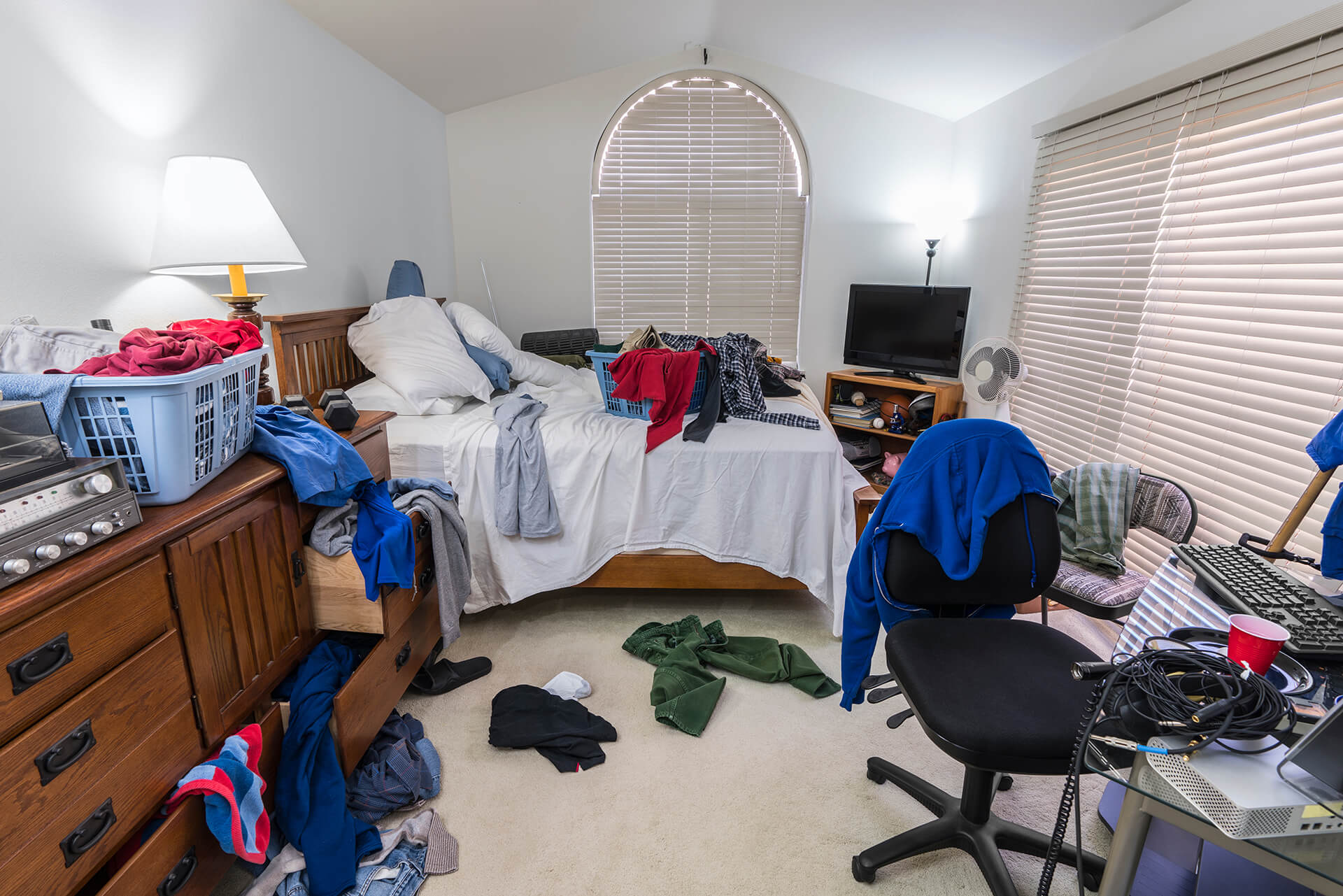
- Is the outside clean?
Could it do with a lick of paint? Does the front door need updating? Is the garden (if you have one) looking at it’s best? Even a little spruce can make all the difference.
- Are the best features of your home on display?
This includes both the exterior and the interior of your property. Highlight the best features of your home, be it the French doors, the fireplace or the Rangemaster oven. Are these in clear view or are there things blocking it?
- Are there any repairs needed?
Do you have any broken furniture? Can these be repaired, replaced or removed when potential buyers visit?
- Are there any unsavory smells?
Not everybody is an animal lover, so if you have pets its worth asking a relative to babysit them during a week of viewings and putting their dishes out of sight (and smell). Rather than light candles to try and mask any pet smells, perhaps rent a carpet shampoo and cleaning kit for a deep clean.
It’s also worth investing in drain unblockers to keep things functioning highly and preventing odours from cropping up. Likewise, use this as a time to deep clean all of your interior bins.
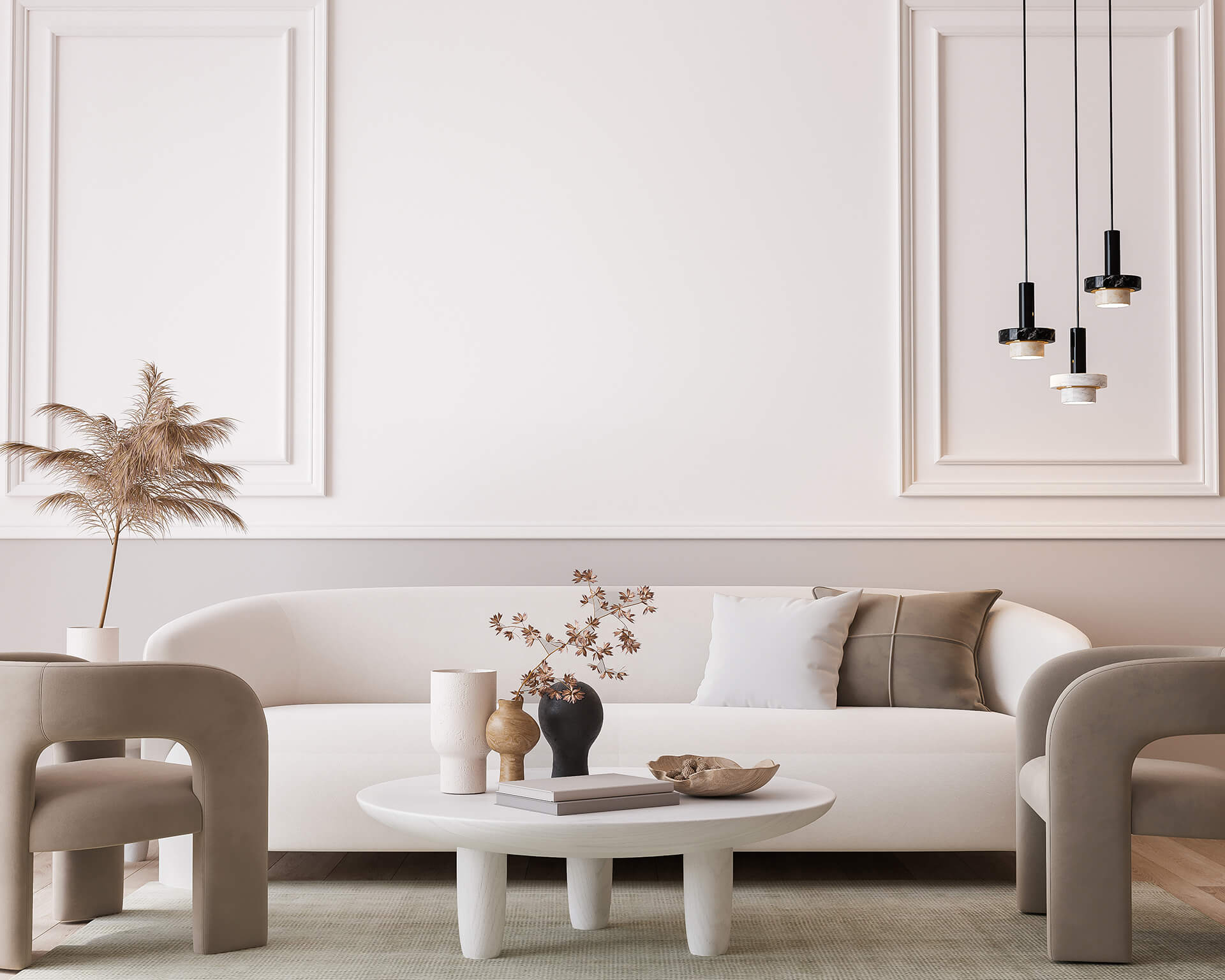
- Do the walls need to be painted a neutral colour or a trending colour?
Your decor may be precisely as you want it, but when it comes to selling at as high a price as possible, you need to try and cater to as many tastes as possible. Painting the walls a neutral colour could even make your space look bigger and will work well as a blank canvas, encouraging buyers to add their own stamp down the line.
- Do your doors need to be replaced?
We stock a wide range of stunning exterior and interior doors at great prices. Investing in doors that suit the style and value of your home (both inside and out) could increase its value so it’s worth upgrading these if they’ve seen better days.
- Does the garden need updating?
The Cumberland Building Society’s Great First Time Buyer Survey carried out last year revealed that a property with a garden is the new ‘must have’ when looking to buy a house. If your property has a garden, make it as tidy and picturesque as possible to really draw the eye of prospective buyers. Perhaps invest in some bird feeders to encourage wildlife for a truely picturesque experience.
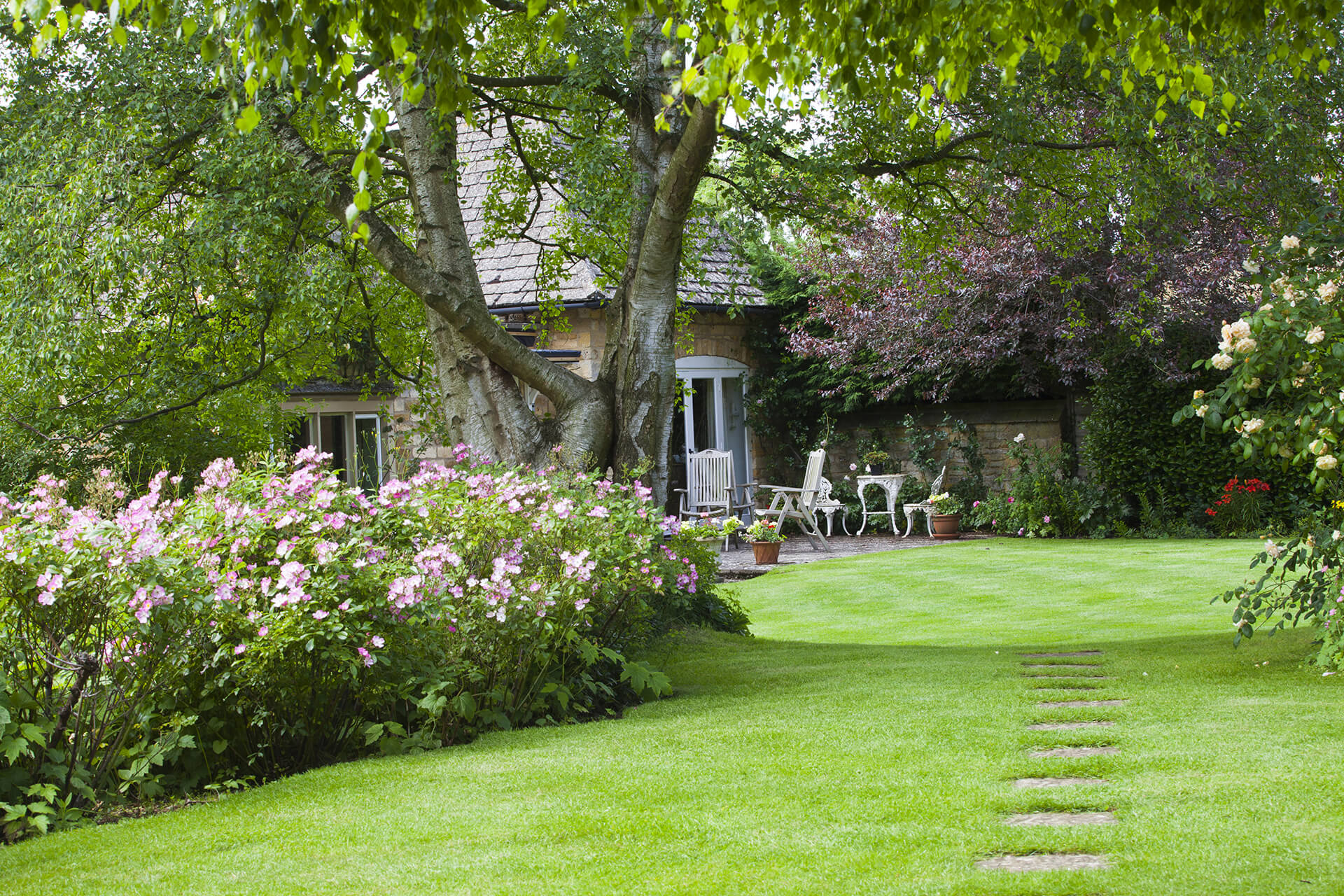
Express Doors Direct stocks cost-effective high-quality doors from well-known and reputable brands. We can help you replace those tired doors to help your home look its best.
Related Posts:
"It is about the realities of what makes for an attractive, civilized, meaningful environment, not about fashion or what's in or what's out. This is not an easy job."
– Albert Hadley
Available in a range of sizes, designs and colours with a #MadeToMeasureDoors service available too.
Email [email protected] to book in for 2024.
















































